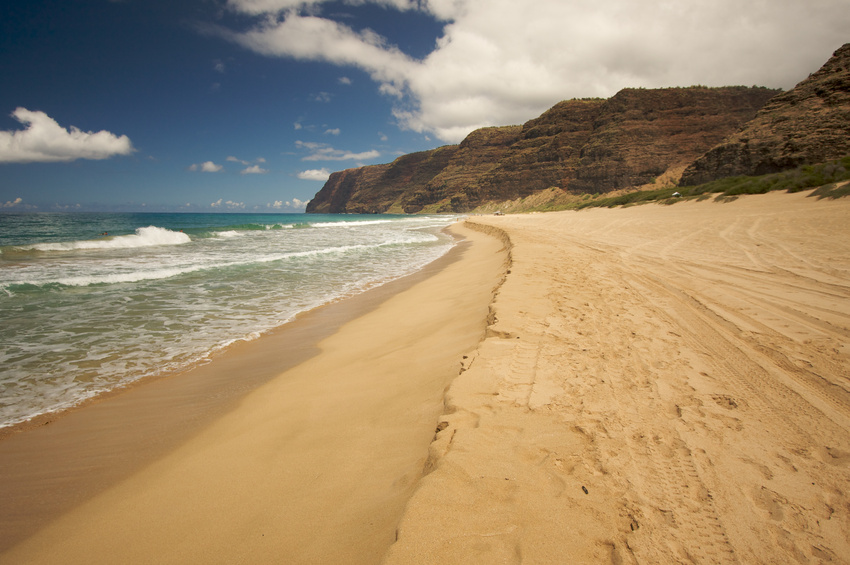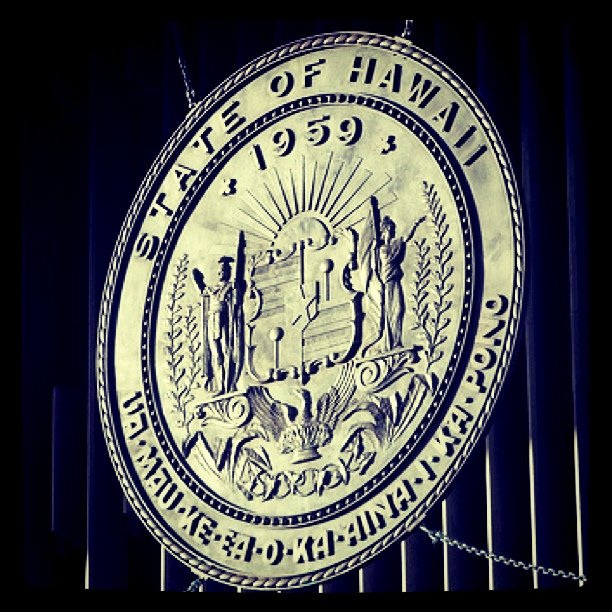It should be of interest to those affected by the Akaka Bill (in other words, pretty much everyone in Hawaii) to know that Native Hawaiians are not the only ones encountering controversy over the question of federal recognition of tribal status. Columnist and investigative reporter John Stossel writes of the Lumbees of North Carolina, who (despite their lack of federal recognition as a tribe) have been doing very well:
Lumbees own their homes and succeed in business. They include real estate developer Jim Thomas, who used to own the Sacramento Kings, and Jack Lowery, who helped start the Cracker Barrel Restaurants. Lumbees started the first Indian-owned bank, which now has 12 branches.
The Lumbees’ wealth is not from casino money.
“We don’t have any casinos. We have 12 banks,” says Ben Chavis, another successful Lumbee businessman. He also points out that Robeson County looks different from most Indian reservations.
“There’s mansions. They look like English manors. I can take you to one neighborhood where my people are from and show you nicer homes than the whole Sioux reservation.”
In other words, the Lumbees are a living contradiction to the notion that federal recognition (and its accompanying financial “help”) are necessary to–or even capable of creating–the success of a Native American tribe. It is an interesting lesson to those who see federal aid and recognition as the way to greater success for Native Hawaiians. Especially when one considers the millions of dollars in federal grants that already go to help Native Hawaiians (and which you can view in our research wiki here) . . . not to mention the millions in federal contracting preferences that Native Hawaiian businesses enjoy. In fact, as Stossel illustrates, the “help” of the federal government is a double-edged sword, that is as likely to eat away at tribal culture and foster dependency as anything else:
The government has made most Indian tribes wards of the state. Government manages their land, provides their health care, and pays for housing and child care. Twenty different departments and agencies have special “native American” programs. The result? Indians have the highest poverty rate, nearly 25 percent, and the lowest life expectancy of any group in America. Sixty-six percent are born to single mothers.
It goes without saying that Native Americans have endured injustice at the hands of the federal government, and that this very injustice is behind the demand for aid and recognition that have led to the current state of affairs. A similar motivation lies behind many of the demands for Native Hawaiian recognition. But this may also be a case of being careful about what you wish for. As Stossel points out, there are many among the Lumbees who are opposed to federal money for the Lumbees, arguing that it will end the independence that has helped them prosper:
Tribal governments and the Bureau of Indian Affairs manage most Indian land. Indians compete to serve on tribal councils because they can give out the government’s money. Instead of seeking to become entrepreneurs, members of tribes aspire to become bureaucrats.
. . . .
Because a government trust controls most Indian property, individuals rarely build nice homes or businesses. “No individual on the reservation owns the land. So they can’t develop it,” Chavis added. “Look at my tribe. We have title and deeds to our land. That’s the secret. I raise cattle. I can do what I want to because it’s my private property.”
Supporters of the Akaka Bill would be well-advised to consider all the ramifications of inviting the government bureaucrats to become administrators of the culture and future of Native Hawaiians. After all, as Ronald Reagan once quipped, the scariest phrase in the English language is, “I’m from the government and I’m here to help.”







